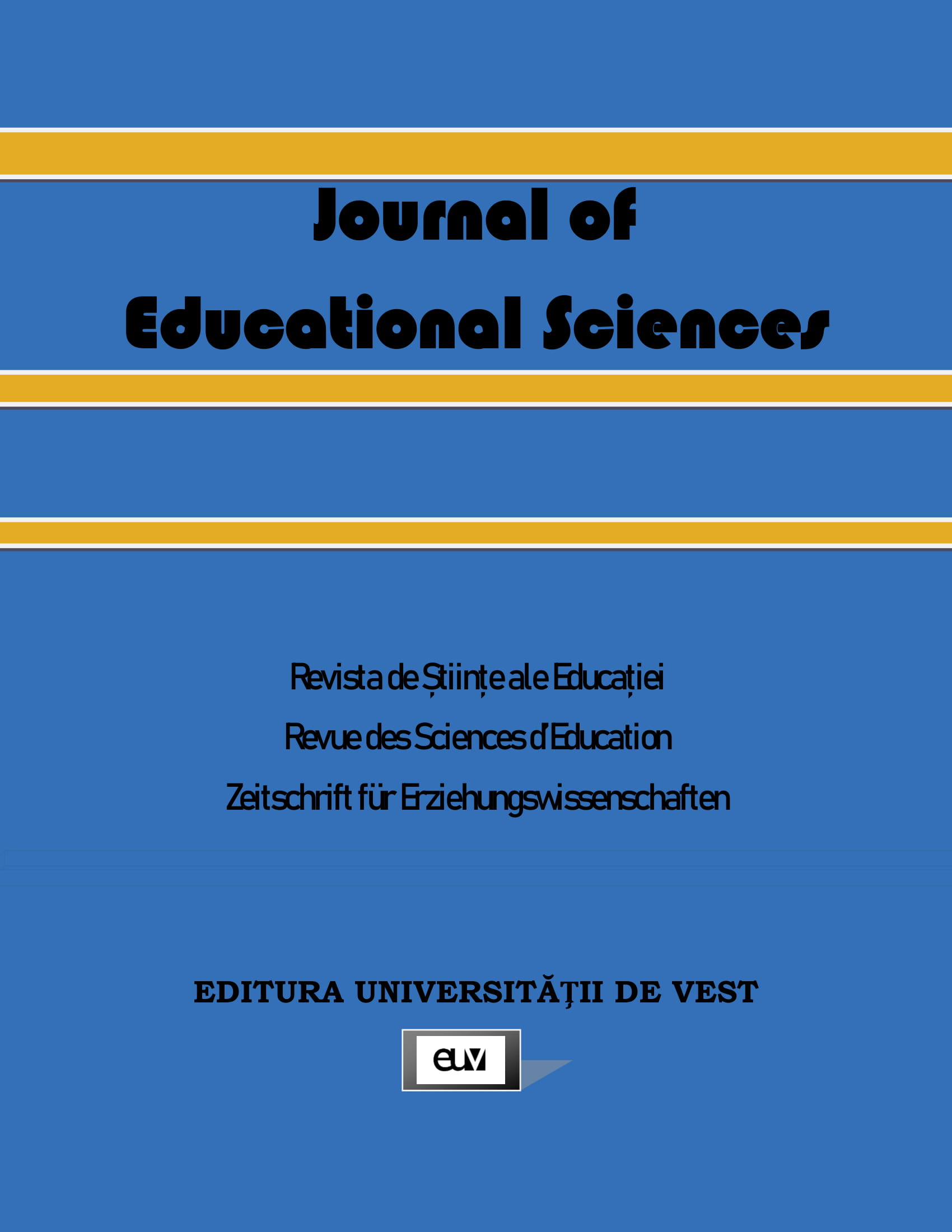The Specificity of Professional Learning Communities in Romania
The Specificity of Professional Learning Communities in Romania
Author(s): Anca Luștrea, Mariana CrașovanSubject(s): School education, Adult Education
Published by: Editura Universității de Vest
Keywords: professional learning communities; teaching; professional development; SPSLCQ;
Summary/Abstract: Romanian educational system is in a constant search for reform, due to one of the highest rates ofstudents` underachievement in basic skills and lack of qualified teachers among EU member states.It is well established that professional learning communities (PLCs) can be a solution for bothproblems, aiming to enhance students` results by teacher collaboration in learning and professionaldevelopment.This study aims to determine the specificity of Romanian PLCs in relation with some contextualfactors - school size, school environment (urban or rural), type of school (general or special school),professional development procedures at school level, and the individual factors that can impact thePLC, represented by teachers` personality structure. To answer the research question, reflecting onwhat contextual and individual factors determine the specificity of PLCs, two online questionnairesand a demographic survey were distributed to teachers across Romania. First, the SchoolProfessional Staff as Learning Community Questionnaire (SPSLCQ) was validated on the 253participants, the original five-factor structure of SPSLCQ adequately fit the sample and proved to bea reliable instrument in the Romanian population.The results showed the Romanian PLCs` do not significantly differ from other countries: the mostrepresentative PLC dimension is shared vision, the organizational factor which explains best the PLCis the existence of strong at-school-level professional development procedures. School size bestdescribes the differences between PLCs, but they do not differ in terms of school environment andschool type. The personality factor that correlates the most with PLC is conscientiousness, but thecorrelation is non-significant.These results suggest that for functionally stronger PLCs, the school should implement professionaldevelopment procedures at school level, based on collaboration and mutual learning in small groupsof teachers.
Journal: Revista de Științe ale Educației
- Issue Year: 42/2020
- Issue No: 2
- Page Range: 38-55
- Page Count: 18
- Language: English

